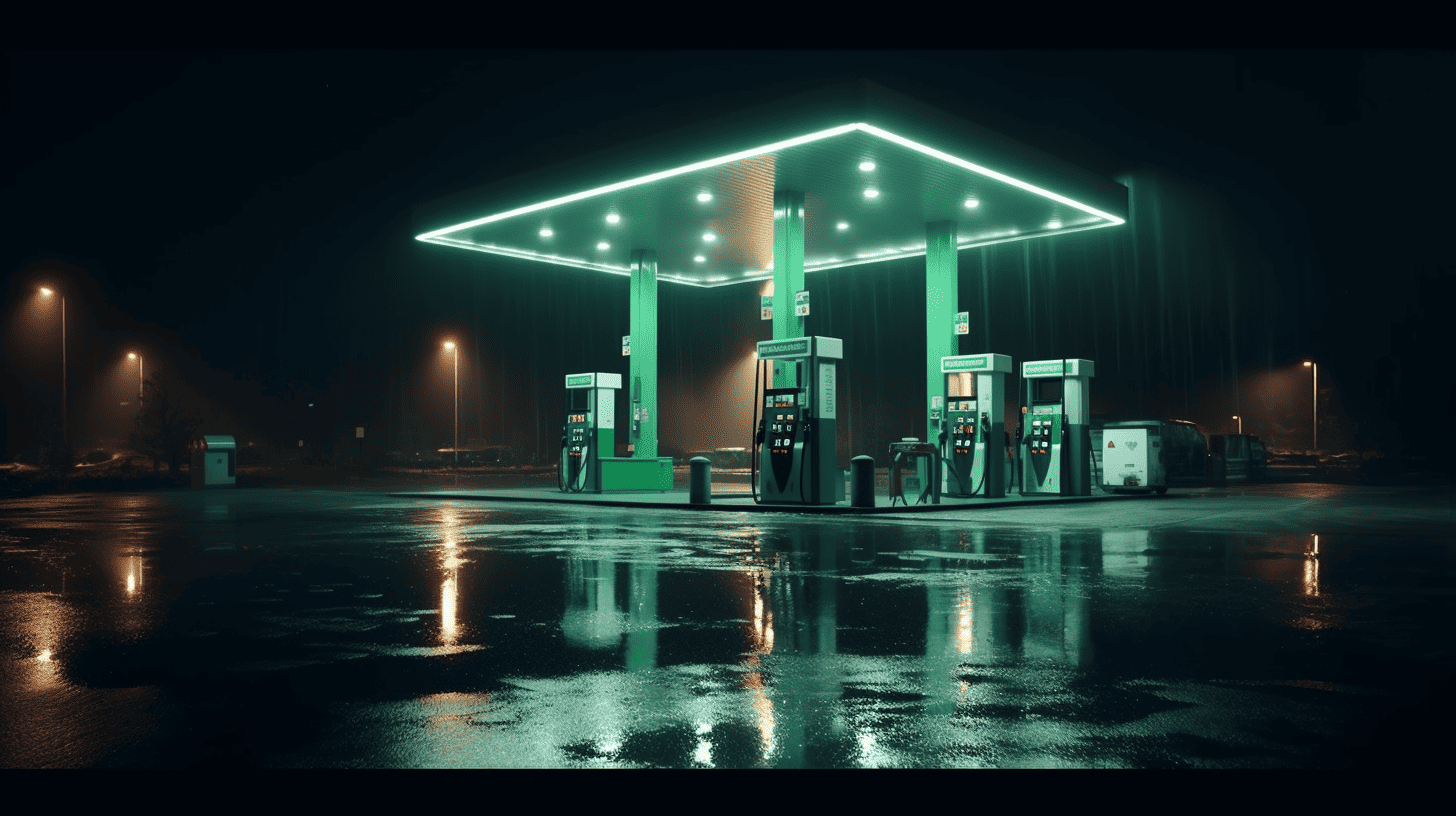
During a recent subsidy round, no applications were submitted for hydrogen trucks. Dutch website nu.nl has published an article after obtaining documents Dutch government. The Ministry of Infrastructure and Water Management celebrated the addition of 400 emission-free trucks through a subsidy scheme, but all are electric, with no hydrogen trucks requested. Environmental groups question the government’s push for hydrogen trucks, as electrification of trucks is more energy-efficient. TNO research suggests that nearly all trucks can be electric by 2035, with electric trucks being cheaper than diesel or hydrogen alternatives. Despite all this the Dutch Ministry still invests in hydrogen refuelling stations.
Reasons for the unpopularity of hydrogen trucks
The main reasons behind the unpopularity of hydrogen trucks in the Netherlands compared to electric trucks are cost and energy efficiency. Hydrogen trucks are more expensive to own and operate. Moreover, electric trucks are more energy-efficient, as they require less electricity to travel the same distance as hydrogen trucks. Green hydrogen, produced using wind or solar power, is limited in supply and could be more effectively utilised in industries that have difficulty transitioning to electricity, rather than in transportation where electrification is more feasible.
In the Netherlands, the government offers subsidies and financial support to entrepreneurs who switch to electric trucks. Smaller companies can receive up to 60% reimbursement of additional costs compared to diesel trucks, while larger businesses can receive 40% subsidy. This support has contributed to the growth of the electric truck market in the country.
Pilot Projects and case studies on hydrogen trucks
As of February 2023, there were 27 hydrogen trucks and more than 400 electric trucks in the Netherlands. The number of electric trucks is rapidly increasing, while the number of hydrogen trucks remains low. In the passenger car market, there are 341,000 fully electric vehicles compared to only 597 hydrogen vehicles in the Netherlands. Furthermore, the H2Accelerate collaboration plans to deploy 150 fuel cell trucks across Europe for decarbonising long-haul goods transport using hydrogen. The EU has launched this H2Accelerate TRUCKS project, which aims to test 150 hydrogen-powered heavy-duty vehicles on routes connecting Scandinavia to Italy. This project is backed by industry giants such as Shell, Daimler, Total, and Iveco. Skepticism exists over hydrogen production, infrastructure, and government support, as well as concerns about greenwashing.









